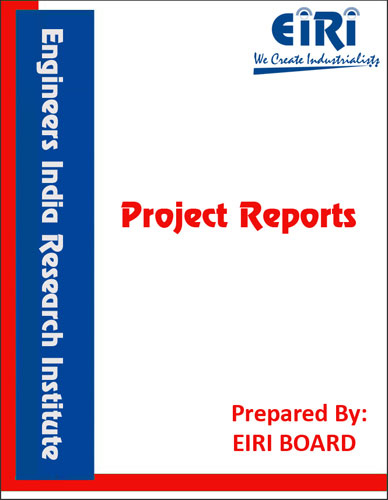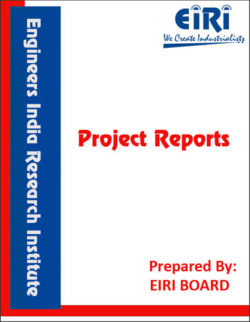PIGMENTS BINDERS FOR TEXTILE PRINTING
The project report includes Present Market Position and Expected Future Demand, Market Size, Statistics, Trends, SWOT Analysis and Forecasts. Report provides a comprehensive analysis from industry covering detailed reporting and evaluates the position of the industry by providing insights to the SWOT analysis of the industry.
We can prepare PROJECT REPORT as per your INVESTMENT PLAN for BANK LOAN REQUIREMENT and INDUSTRY ANALYSIS. All reports are prepared by highly qualified consultants and verified by a panel of experts.
Have Query? Click Here to Chat
Industry Expert is Online, Chat with him for more detail.

Pigment printed textiles represent the highest percentage of all printed textiles. This is primarily due to the uncomplicated process and low cost of importing colored patterns to textiles with pigment system.
The water insoluble pigment used in most cases as an aqueous dispersion, has no affinity to textile fibres and is not able to enter into chemical or physical reactions with the fibre. For the bonding of pigments to textile a bonding agent generally of a synthetic latex type, is incorporated in the print paste, which through its film forming properties holds the embedded pigment firmly or fibre surface.
Project Reports Cover:
- Introduction
- Uses and Applications
- Properties
- Market Survey with future aspects
- Present Manufacturers
- B.I.S. Specifications
- Manufacturing Process with Formulae
- Cost Economics with Profitability Analysis
- Capacity
- Land & Building Requirements with Rates
- List & Details of Plant and Machinery with their Costs
- Raw Materials
- Details/List and Costs
- Power & Water Requirements
- Labour/Staff Requirements
- Utilities and Overheads
- Total Capital Investment
- Turnover
- Cost of Production
- Break Even Point
- Profitability
- Land Man Ratio
- Suppliers of Plant & Machineries and Raw Materials.



